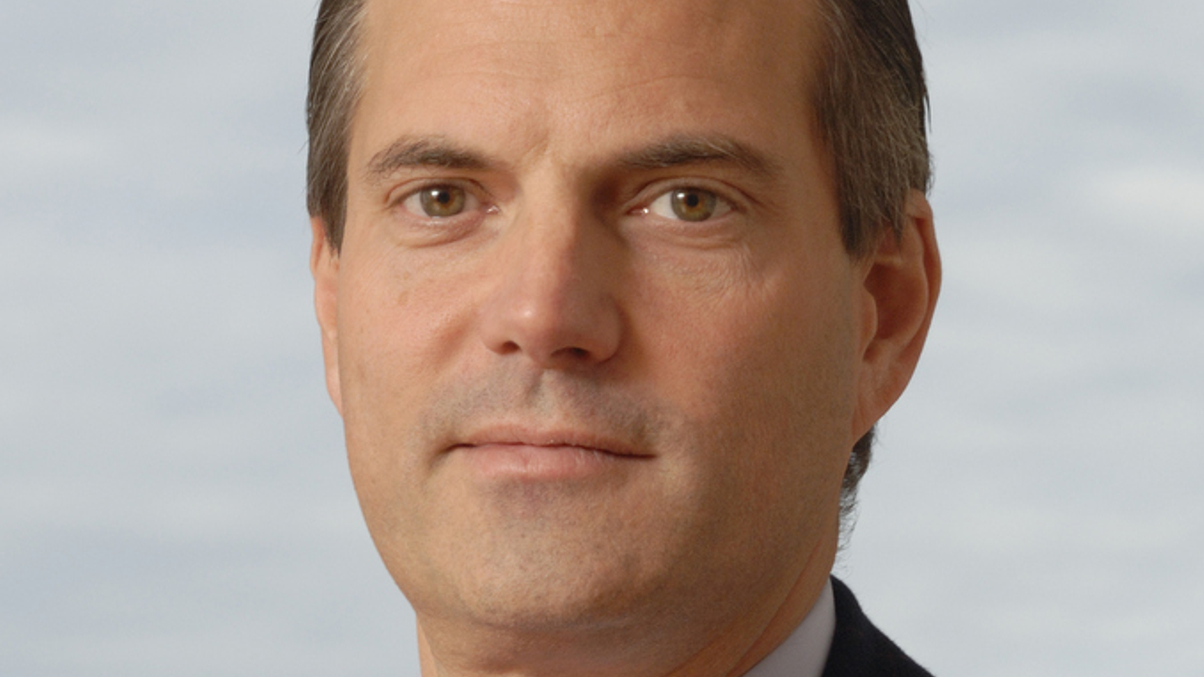Swiss bank eyes Asia institutions, retail market
Banque Syz is relocating staff to Asia to focus on asset owners and is looking for fixed income and equity talent. It is also exploring whether to register products for retail sale in the region.

Banque Syz & Co is aiming to ramp up its penetration of institutional investors in Asia and is weighing up whether to register its product suite for retail sale in Hong Kong and Singapore.
Sign in to read on!
Registered users get 2 free articles in 30 days.
Subscribers have full unlimited access to AsianInvestor
Not signed up? New users get 2 free articles per month, plus a 7-day unlimited free trial.
¬ Haymarket Media Limited. All rights reserved.


